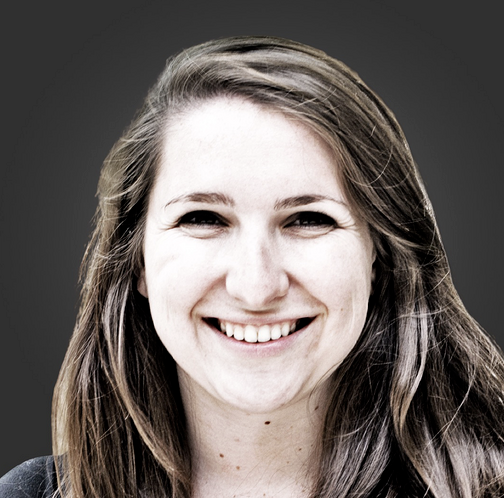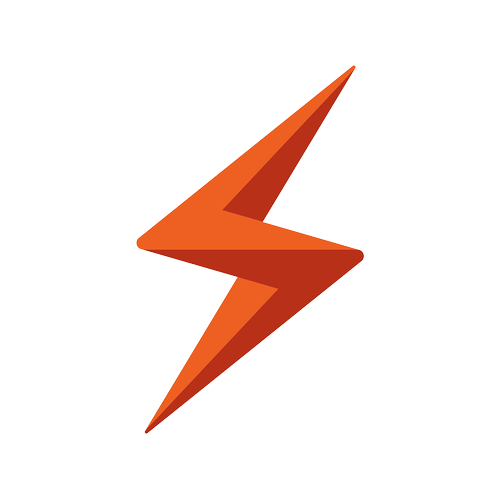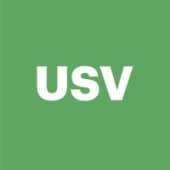Slope’s founding story sounds a bit like the beginning of a star-crossed Hollywood story. Alice Deng and Lawrence Lin Murata were hackathon leaders of rival universities, UC Berkeley and Stanford respectively, back in 2016. The two first met the weekend of the big, yearly Berkeley-Stanford football game – a monumental opportunity that the schools’ hackers took to face off in their own battle of wits.
Berkeley was victorious that year, yet the clandestine meeting started a friendship between the duo, rooted in their mutual interest in entrepreneurship.
Alice and Lawrence each went on to found their own companies after graduation, but they reconnected in late 2020 having both recently departed their own startups. So they did what they knew best: they began hacking on hundreds of ideas before landing on a B2B buy now, pay later solution. Inspired by the problems encountered by Lawrence’s parents’ bulk import business, their startup handles lending, underwriting, debt collecting and payment for large orders (think a furniture store that sells chairs, but can’t finance the large upfront cost of buying chairs in bulk).
It’s turned out to be their most successful hack. Slope is one of the most promising fintech startups, with $32 million in funding from Y Combinator, Union Square Ventures, and the cofounders of DoorDash, Plaid and DropBox. The company has purposefully kept a lean team of 13 employees – though they are currently looking to expand.
As a standout startup in the Fintech List 2022, Slope cofounder Alice Deng joined Startup Search to share more about her journey to founding Slope and the future of the startup.
Want to work at a cool startup like Slope? Join our free newsletter with 15+ new roles every week.
Table of Contents
Top Roles At SlopePrior to cofounding Slope, what were you doing?
Was Slope your first foray into entrepreneurship?
How did you reconnect with Lawrence to found Slope?
How did you end up back in Y Combinator?
What is the trajectory of Slope now?
Top Roles At Slope
Back-End EngineerData Scientist
Customer Success Manager
Prior to cofounding Slope, what were you doing?
I wanted to pay off my student debt before, you know, I did something reckless like start a company. So I initially worked in product at Dropbox. Right now new grad product managers are really popular, but the career trajectory in product and all these opportunities for new grads were definitely not there at the time.I took a product role because it felt like the closest thing to entrepreneurship and owning your own product. It was an opportunity to practice my shipping pace, learn how to iterate, work with talented engineers and designers, and ship something from idea to launch.
Was Slope your first foray into entrepreneurship?
No – the timing finally felt right in 2019 and I really wanted to start a company. So I founded Glisten AI, an AI product to tag and organize e-commerce product data, and we went through Y Combinator that year. We helped companies like DoorDash tag food data so that when a consumer searches something like “healthy,” you actually get results that are healthy.We had founded the company right before the pandemic and, in the summer of 2020, my cofounder decided to go back to school. I really had to think deeply about if I really wanted to continue it and work on this idea long-term. I realized I hadn’t put enough thought into my cofounder or the idea or the market. Knowing how hard it is to be a founder, I wanted to make sure that the company that I was going to build would solve a problem at scale.
How did you reconnect with Lawrence to found Slope?
At that point Lawrence had sold his first company to self-driving car company Nauto. We really felt like we could be the dream team as both second-time founders that had made mistakes and learned. So in December 2020 we went back to hacking on a list of hundreds of ideas.As second-time founders, we realized the biggest mistake is not building in a massive market. We had a very high bar for what we consider product market fit. We asked: Are we solving a hair-on-fire problem? Is this really a product that people are willing to pay a great margin on? Are we going to be a sustainable unit economic business?
How did you end up back in Y Combinator?
We applied to YC with a few different ideas and in the middle of YC we connected with Lawrence’s parents who work in the wholesale space. They import toys from China to Brazil and sell those toys to Brazilian businesses (who then sell those toys to consumers). Before the pandemic, they would fly to China three to four times a year to actually touch the inventory, meet factory workers and negotiate financing terms.Why that's really important is because if you don't give a business the time to pay, they won't have the time to sell the inventory to pay for it. So, for example, during the holidays you sell 10x more than usual. That means you have to buy 10x more in June, but you likely don't have the capital to make that investment.
We realized it is a huge pain point for B2B businesses because when things shifted to online, there was no financing option online which is table stakes. We realized we could solve this gap with our machine learning and data science backgrounds to truly solve a hair-on-fire pain point for these businesses.
Want to work at a cool startup like Slope? Join our free newsletter with 15+ new roles every week.
What is the trajectory of Slope now?
We went live with our first B2B marketplace towards the end of YC. In a span of seven months, we went from no product to processing millions in monthly transaction volume. That entire time it was just Lawrence and me as cofounders. It was just a team of two, definitely with a subpar product, but that was because we really wanted to test the strength of the product market fit before we spent money on building out a team.We're now a small, tight-knit team that's not remote, based in San Francisco. We're currently a full-time team of 13 which is quite unusual for a company with our metrics, growth, and funding. We were a small team of five (the fifth person joined that same week) when we signed our $24M series A term sheet. Our core philosophy is hiring for "Slope" - it's not how much experience you have but assessing your growth rate potential. We want to demonstrate that a strong, driven team that works extremely well together can outpace larger orgs. Join us - we're hiring across all roles from data infrastructure to data science to finance.
This interview has been edited and condensed for clarity.
Looking for your next startup role? Check out our weekly newsletter with 15+ top roles at venture-backed startups every week, as well as resources to help you land your next startup job.



